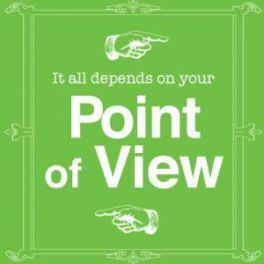POV-Common Mistakes
POV is essential to good writing. Too me POV makes or breaks a novel, and I don’t write until I’m certain whose POV I will use for the story. This includes the decision for first or third (I rarely use omniscient). Jan’s post provides a good starting point for POV.
From now on, if you’re serious about writing, you should read every novel through the lens of POV. What POV did the author choose? How well do they adhere to it? Does she use any techniques you can borrow?
 Writing your first novel-Things you should know
Writing your first novel-Things you should know
 Think of your POV character as your camera. He/She walks through the story giving you a personal glimpse of what’s happening. If your POV character can’t see it, you can’t describe it for your readers. If he can’t hear it, you can’t let your readers hear it. If your POV character doesn’t know it, you can’t tell it. You are bound to your POV character.
Think of your POV character as your camera. He/She walks through the story giving you a personal glimpse of what’s happening. If your POV character can’t see it, you can’t describe it for your readers. If he can’t hear it, you can’t let your readers hear it. If your POV character doesn’t know it, you can’t tell it. You are bound to your POV character.
Character can’t see it
Suzy stood staring straight ahead. Her ex stood behind her, his arms crossed over his chest, his blue eyes scowling.
Problem Unless she has a mirror in front of her, she can’t see her ex standing behind her. She wouldn’t know his arms were crossed and he was scowling.
Fix Use other senses. She can smell him, she can hear him, and she can imagine what he is doing.
Character can’t hear it
Suzy walked down the dark hall. Several floors…
View original post 257 more words


Wind Eggs
As much as I admire Plato I think the wind eggs exploded in his face and that art and literature have more to tell us, because of their emotional content, than the dry desert winds of philosophy alone. ...more
- Phillip T. Stephens's profile
- 31 followers



